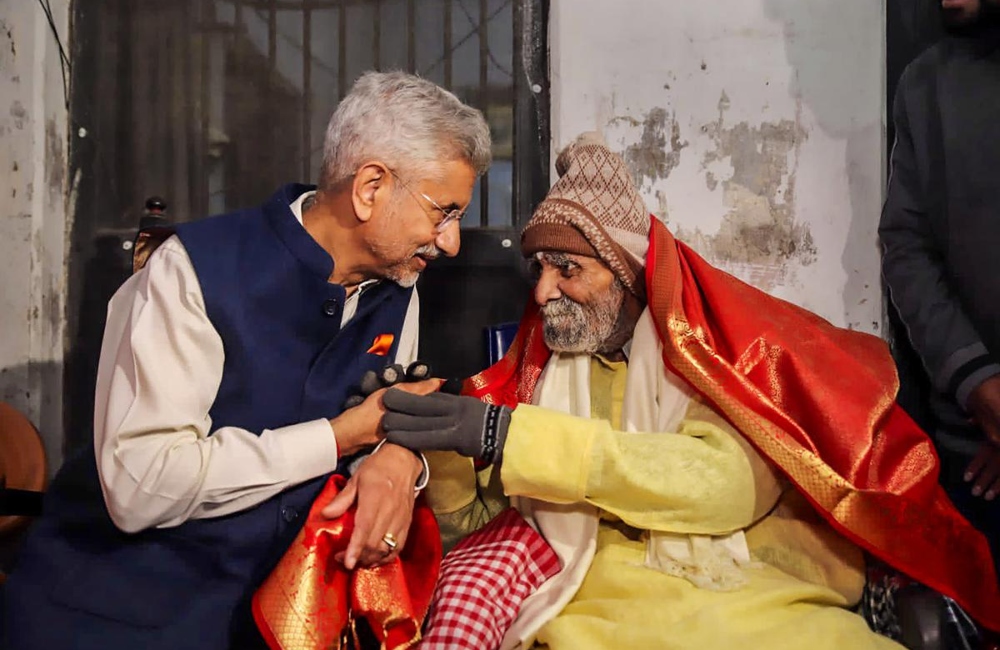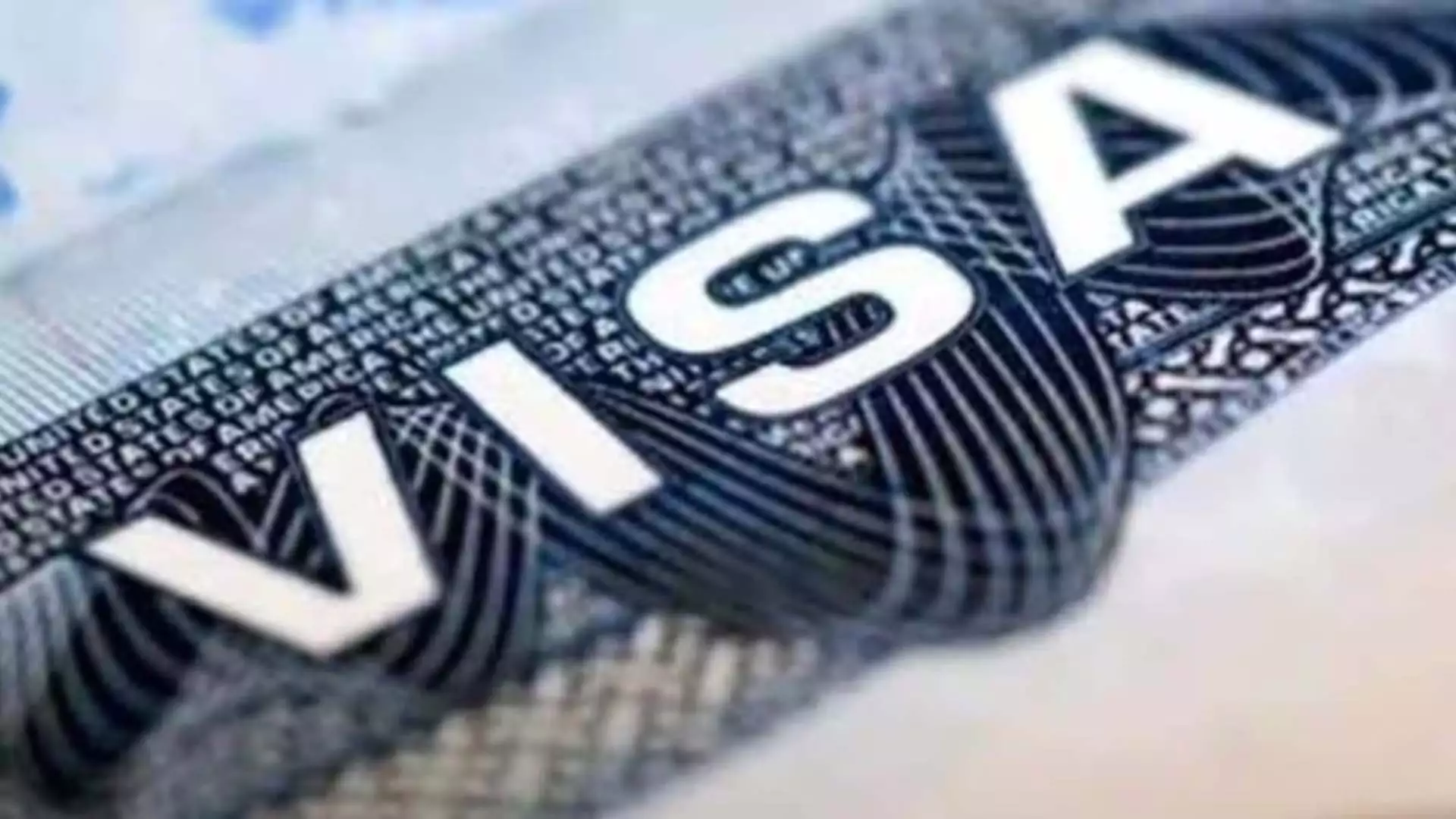On the occasion of Mahakavi Subramania Bharathi’s birth anniversary, External Affairs Minister (EAM) S Jaishankar made a visit to his family in Kashi.
During his tour, Jaishankar met his grandnephew KV Krishnan. “Today is Mahakavi Subramania Bharathi’s birth anniversary, and I am honoured to visit his family in Kashi. Thiru K V Krishnan ji’s blessings and support made him feel humble “Jaishankar sent a tweet.
Here’s all about Mahakavi Subramania Bharathi:
C. Subramaniya Bharathiyar was a Tamil Nadu poet, independence warrior, and social reformer. Mahakavi Bharathiyar was his given name, and the laudatory epithet Mahakavi means “great poet.”
He is regarded as one of India’s best poets, according to a Press Information Bureau (PIB) statement. His songs on nationalism and Indian freedom served to mobilise the masses in Tamil Nadu to support the Indian Independence Movement.
Subramaniya Bharathiyar was born on December 11, 1882, in Ettayapuram, Tirunelveli District, Tamil Nadu, and his childhood name was Subbiah. Chinnaswamy Iyer was his father, and Lakshmi Ammal was his mother.
Subramaniya Bharathi marked the beginning of a new era in Tamil literature.
The majority of his writings are brief poetic outpourings on patriotic, spiritual, and mystic subjects. Bharathi was mostly a lyric poet. Bharathi’s major lyrical output includes “Kannan Pattu,” “Nilavum Vanminum Katrum,” “Panchali Sabatam,” and “Kuyil Pattu.”
Bharathi is regarded as a national poet because of the quantity of patriotic poems in which he pushed the people to join the independence movement and strive tirelessly for the country’s liberty. Instead of simply praising his nation, he described his vision for a liberated India.

















